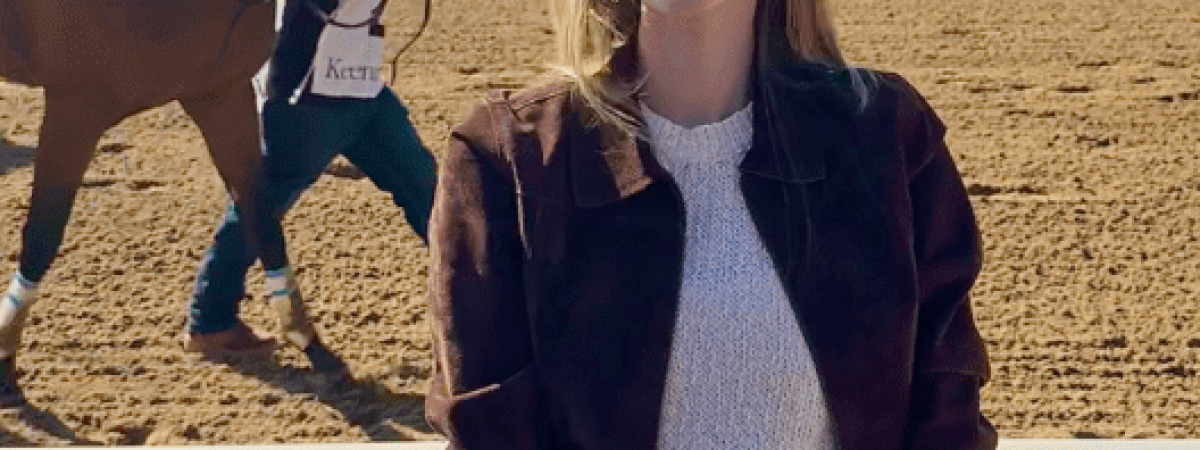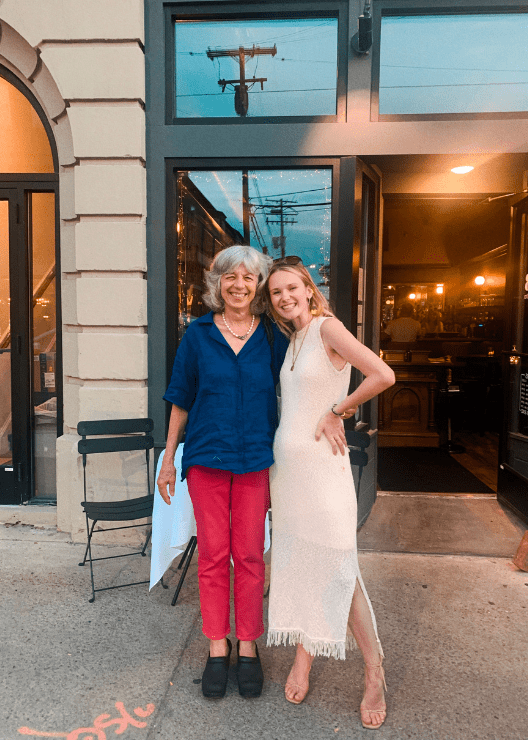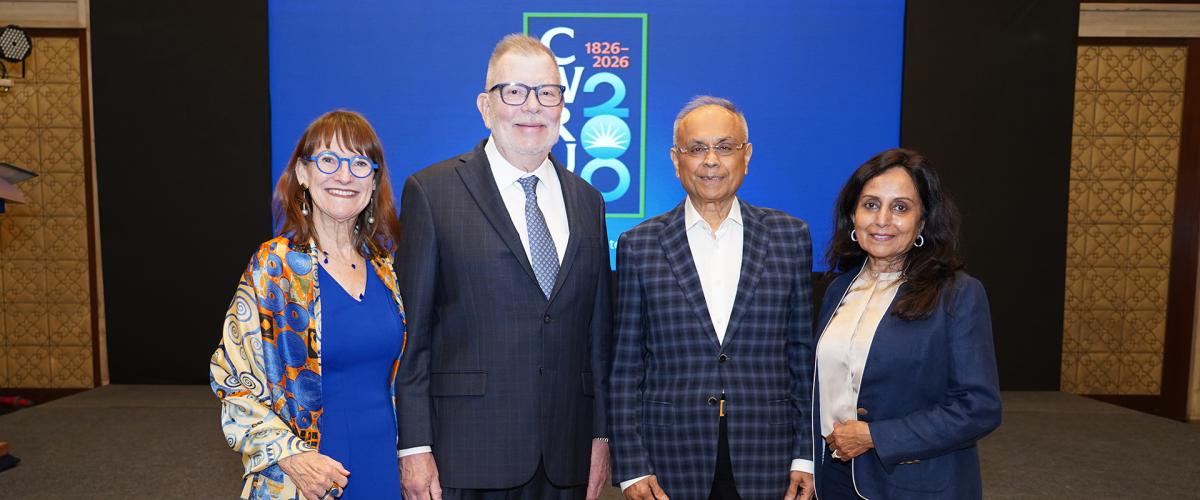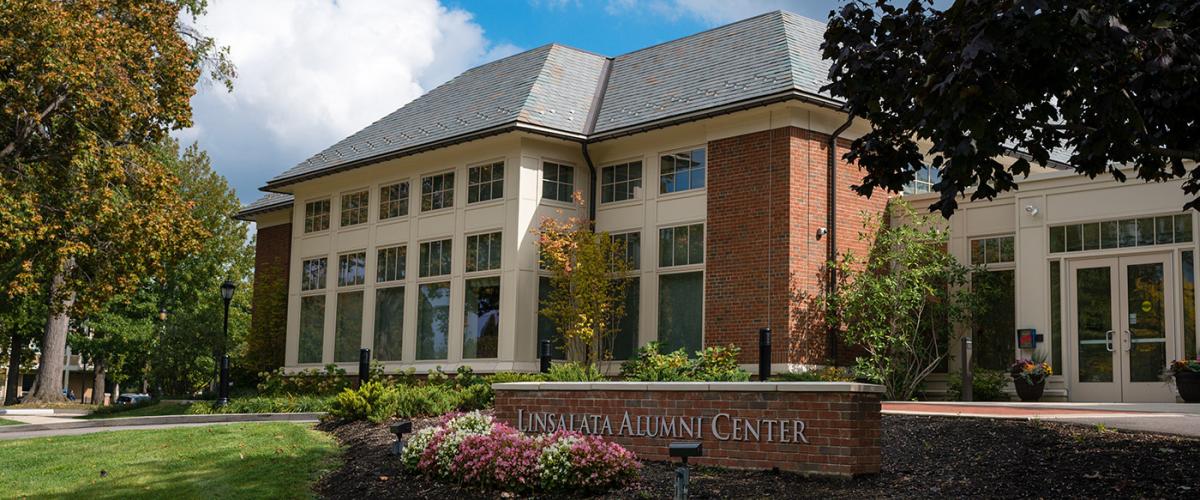After graduating from Case Western Reserve University School of Law in 2022, Jilly Fox began her legal career at Davis Polk & Wardwell LLP in New York City. Recently, she returned to Ohio to continue transactional law work at Vorys, Sater, Seymour and Pease LLP. Reflecting on her time at Case Western Reserve, Fox emphasizes how the school’s culture shaped her approach to the law.
From the first day of orientation, students are encouraged to embrace the mindset of practicing attorneys, prioritizing professionalism and accountability.
“At Case Western Reserve, we weren’t just students – we were treated as future lawyers,” Fox explains. “There was a constant focus on our responsibility to our future clients and the legal profession. The underlying question wasn’t just about what we needed to learn but why it mattered for the work we’d eventually do.”
This ethos of professionalism, coupled with a focus on networking, defines the law school experience at Case Western Reserve. The culture among students, Fox notes, is also a standout feature, creating an environment that fosters camaraderie while encouraging excellence.
“Case Western Reserve is not a cutthroat and overly competitive school,” she says. “Sure, there’s healthy competition—we’re aspiring lawyers, after all—but it’s grounded in respect and encouragement. Some of my closest friends today are friends I made in law school.”
Practical Training and a Holistic Approach to Law
Fox entered law school with broad aspirations, initially drawn to concepts of justice rooted in her academic background in religion and international studies.
“My first semester doctrinal courses pushed me to think about justice in nuanced ways,” she shares. “But what stood out about the curriculum was how it framed justice, not just in the courtroom, but also in the broader context of problem-solving, strategy, and client relationships.”
Case Western Reserve’s first-year curriculum also includes a two-part legal writing seminar, aimed at teaching leadership, experiential learning, advocacy and professionalism (LLEAP). Students are given simulated clients and problems, and then learn to perform legal research, draft legal documents, negotiate agreements, and approach client problems strategically – skills that Fox now uses daily.
The professors of these courses left lasting impressions as well. Fox credits Professor Matt Salerno with teaching her how to draft an airtight contract in a second-year LLEAP seminar specifically focused on transactional law.
“Taking that class was a game changer for me,” Fox recalls. “We learned how to dive into diligence, drafted asset purchase agreements and negotiated in simulations. After using those skills as a summer associate, and now an attorney, I can attest that the coursework wasn’t just theoretical. It was real-world training.”
Doctrinal professors also prepared her for rigorous work as a corporate associate – Robert Rapp’s business law courses taught her the building blocks of securities regulation, now a main focus of her practice.
“I kept my notes from those classes and referenced them in my first year post-graduation,” she jokes. “Reg S-K turned out to be really helpful in my day-to-day job!”
Networking and Career Support
CWRU’s strong alumni network and career development resources also played a pivotal role in shaping Fox’s career path. From networking events to mentorship programs and externships, the law school ensures students are prepared to build meaningful connections.
“There were so many opportunities to connect with alumni,” Fox says. “From speed-networking events to law review symposium panels, it was all about making connections with people who wanted to help us succeed and grow.”
Fox’s first summer externship with Judge Dan Polster in the Northern District of Ohio came through the career development center, which also supported her externship and capstone with Eaton Corporation.
“The application process at Eaton was unique. I had to pitch myself in a formal presentation. The career team helped me polish my approach, and it was a great experience that taught me the importance of preparation and confidence.”
Professors at Case Western Reserve became career mentors to Fox as well. “I’ve asked my first-year contracts professor, Juliet Kostritsky, for advice on every career decision I’ve made since we met five years ago. She had a profound impact on my experience at Case Western Reserve, and her genuine belief in the potential of her students carries us far.”
CWRU’s career resources, combined with its alumni network, ensured that Fox and her classmates were positioned to succeed.
“The school doesn’t just talk about networking; it puts you in the rooms where it happens. That made a huge difference for me,” Fox says.
Advice for Students and Prospective Lawyers
Fox encourages current students to explore their interests early on.
“Pay attention to what interests and excites you. Do you enjoy contract drafting or solving problems for corporate clients? Are you drawn to transactional or litigation work? Figuring that out early can help shape your career path,” she advises.
For prospective students, Fox highlights CWRU’s practical focus on experiential learning and its supportive community.
“Case Western Reserve is a fantastic choice for anyone who wants a well-rounded legal education with a particular focus on practical skills,” she says. “The professors are not only experts but are deeply invested in your success. It’s a supportive and collaborative environment focused on experiential learning, and really helped prepare me for real-world legal practice.”
She finishes, “No matter where you go to school, make the most of your alumni network. It’s full of people who want to help you succeed – you just have to take the initiative to connect.”






